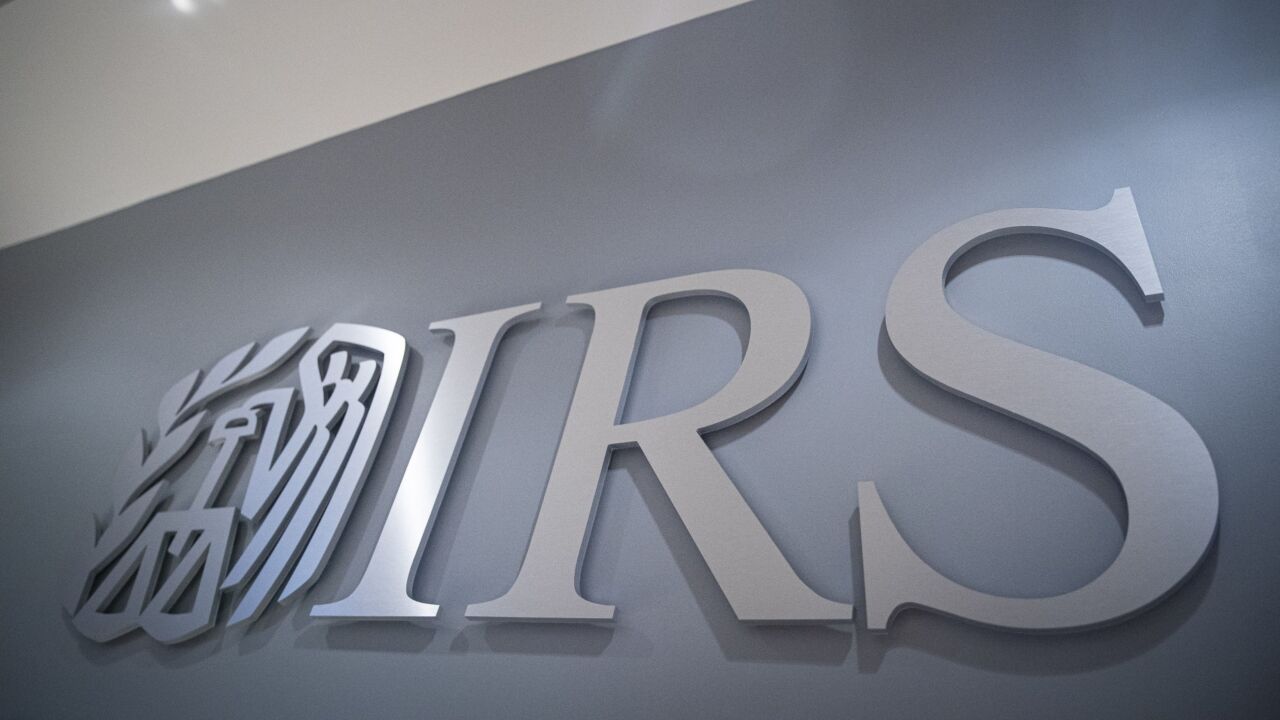The Internal Revenue Service's Criminal Investigation unit is working on a new initiative for requesting financial records from banks to track illegal activity such as money laundering.
Last week, IRS-CI teamed up with the American Bankers Association and the Treasury Department's Financial Crimes Enforcement Network to present the Optimizing Financial Records Request initiative to banking executives.
The OFRR Initiative will streamline how law enforcement agencies such as IRS-CI obtain records from financial institutions by standardizing the process across federal agencies and obtaining records in a specific format conducive to further criminal investigations. One of the goals is to reduce the burden on both law enforcement agencies and financial institutions and accelerate investigative timelines to protect people from financial crimes.
The initiative is part of a public-private partnership known as CI-FIRST (Feedback in Response to Strategic Threats), which
IRS-CI chief Guy Ficco welcomed attendees to the first CI-FIRST Executive Forum in Washington, D.C., last Wednesday, where they discussed these initiatives. IRS-CI is leading the OFRR Initiative, which aims to modernize how financial records are requested and received for investigations on behalf of several federal law enforcement agencies. According to handouts provided by IRS-CI, traditional subpoena and summons requests across government agencies are often inconsistently worded, misaligned with how financial institutions store and retrieve data, and need to evolve to address evidentiary needs for modern financial crime techniques. This results in incomplete records that take significant time to produce, which can delay criminal investigations and prosecutions and strain resources. The initiative would address these longstanding challenges by using a clear, standardized process to simplify and improve how law enforcement agencies request records from financial institutions. By incorporating focused language and requiring records to be submitted in a readily usable format, it will reduce the burden on both law enforcement agencies and financial institutions to accelerate investigative timelines and help protect people from financial crimes.
The goals include ensuring law enforcement receives complete, accurate and analyzable financial data, and to reduce the resource demands on financial institutions when responding to subpoenas. IRS-CI hopes to accelerate the investigative timeline and improve evidentiary quality, and support broader federal law enforcement efforts to combat complex financial crimes. The new initiative would unify agency efforts to stop waste, fraud and abuse by tackling subpoena challenges and eliminating information silos through a standardized, coordinated national approach.
IRS-CI plans to collaborate with financial institutions to refine and implement standardized summons and subpoena language across federal agencies, as well as partner with financial institutions to improve legal compliance by integrating enhanced transactional data files into streamlined processes.
They will launch outreach campaigns to educate stakeholders, as well as develop tools to capture metrics to provide feedback to law enforcement and financial institutions. The initiative will establish direct engagement with individuals responsible for legal, BSA and anti-money laundering efforts at financial institutions.
They hope to broaden agency participation and do additional stakeholder outreach. They will engage multiple federal agencies in analyzing financial data for criminal investigations and intelligence gathering to promote efficiencies. The initiative will leverage technology to maximize data extraction to transform processes.
There will be a three-phase roadmap for implementation of the OFRR. In phase one, IRS-CI will collaborate with financial institutions to refine and implement standardized summons and subpoena language across federal agencies. In phase two, it will then expand to other financial sectors to develop standardized requests to money services businesses, fintech companies, casinos, community banks, and payment platforms and processors. In phase three, it will engage multiple federal agencies in analyzing financial data for criminal investigations and intelligence gathering to promote efficiencies, leverage technology to maximize data extraction to transform processes, and support process efficiencies enacted and adopted by the private sector to enable further collaboration.






